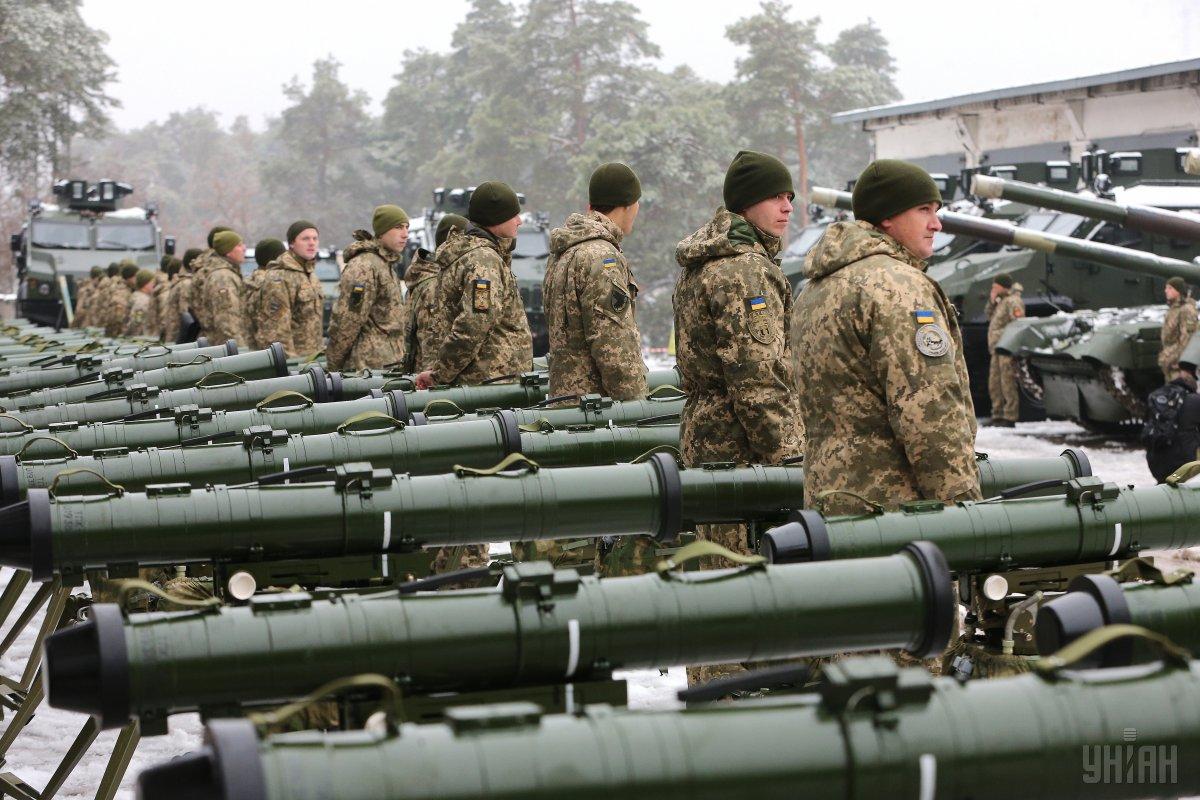
The idea behind the invisible blanket came from experiments carried out by MIT researchers. The researchers used a transformation design process to create an invisible cloak of Carbon nanotubes that conduct heat. They created an infinitely thin surface that appears as another silver rooftop from the sky. The canopy hides visitors from view while the city below is visible.
Quantum cloak
A quantum cloak allows an object to be hidden from the observer. The conformal mapping process where the mass parameters of a particle transform to isotropic state by applying an external force creates a quantum cover. This force is also known as the electrical force.

A quantum cloak can be a useful tool for military use. Because of its unique combination, light-bending and nanotechnology fabric, the cloak can hide objects from enemy sight. This cloak provides protection against sniper attack and is being used by soldiers and marines.
Transform design method creates invisible cloak
The transformation design method allows you to create an invisibility blanket. The transformation method considers the physical properties of a material to be the basis of the design. The radial index and azimuthal components determine the cloak's characteristics. These components can change from zero - one at the cloak's inner and outer borders.
By considering the physical properties of the material, the authors devised a cloak which can be invisible using ultrasonic wave technology. The number of parameters needed to achieve invisibleness was reduced by the authors. This preserves invisibility and keeps the effective refractive index intact.
Carbon nanotubes conduct heat
Carbon nanotubes are extremely thin sheets of carbon that can conduct heat very efficiently. The nanotubes can reach temperatures of 2,800 Kelvins without burning carbon, according to scientists. This is more heat than is produced in an average fire.

These nanotubes come in single-wall, dual-wall and multi-wall versions. You can visualize the single-wall version by wrapping a 1-atom-thick graphite sheet around a cylinder. In contrast, the double-wall version is more complex and has a gap between the valance and conduction bands.